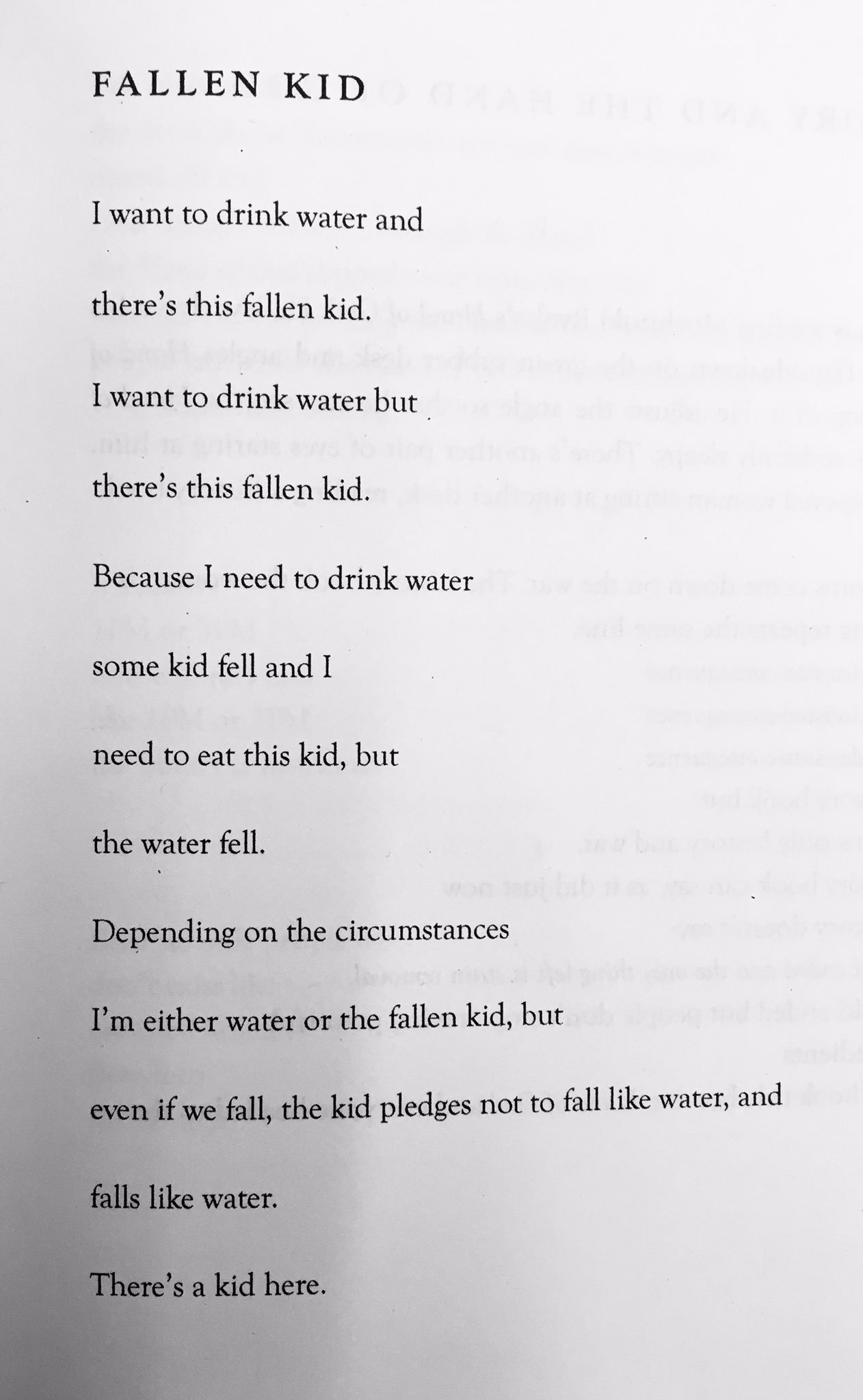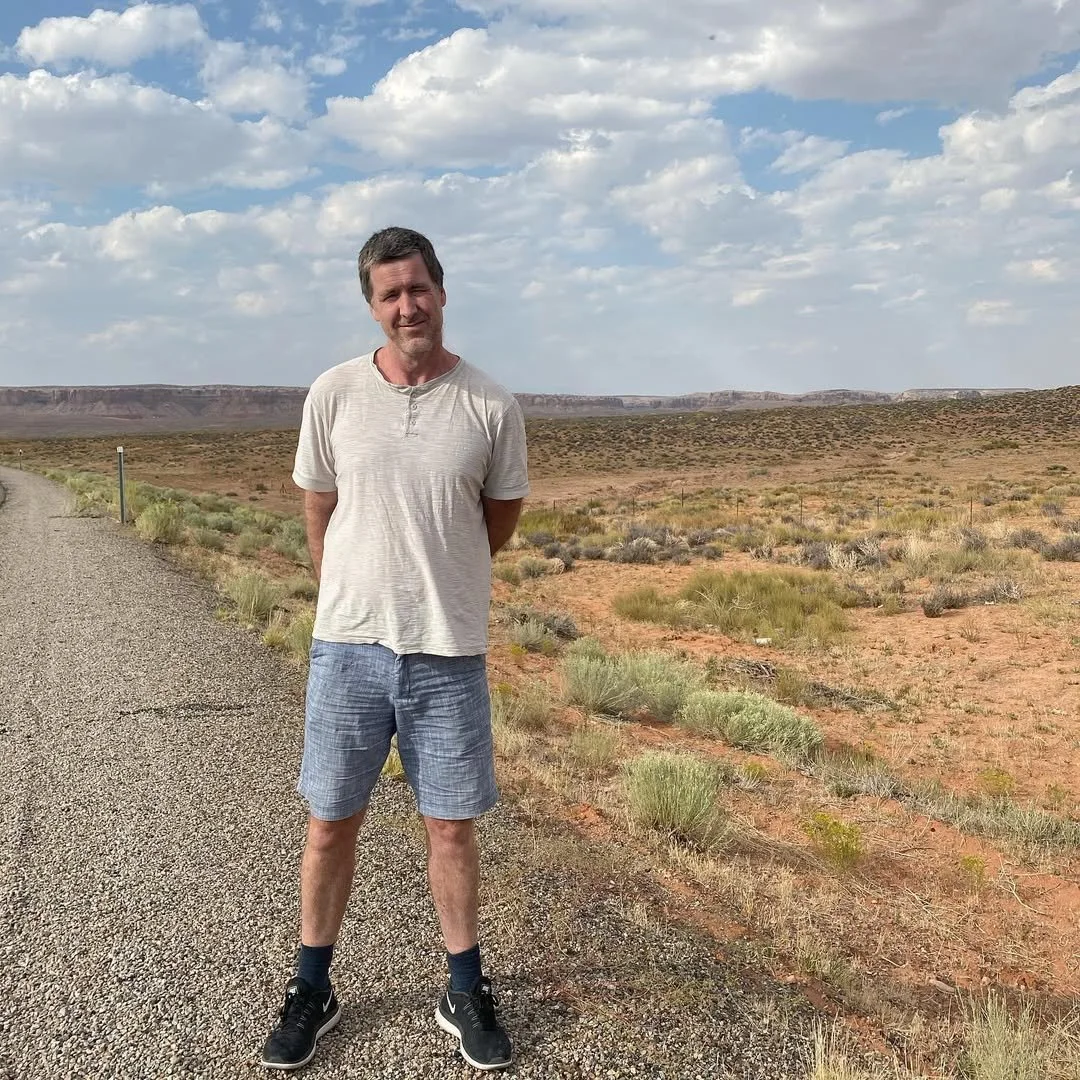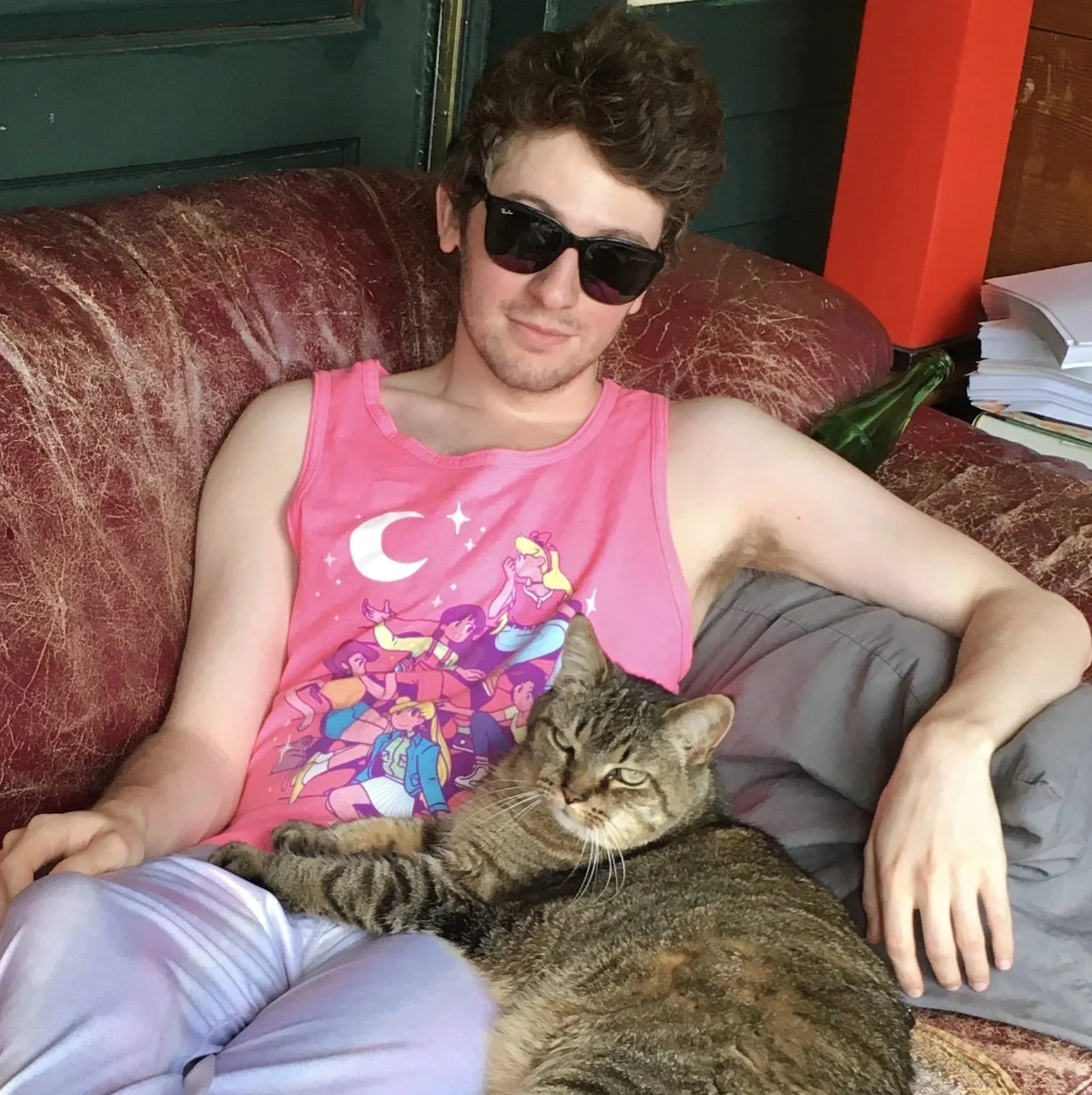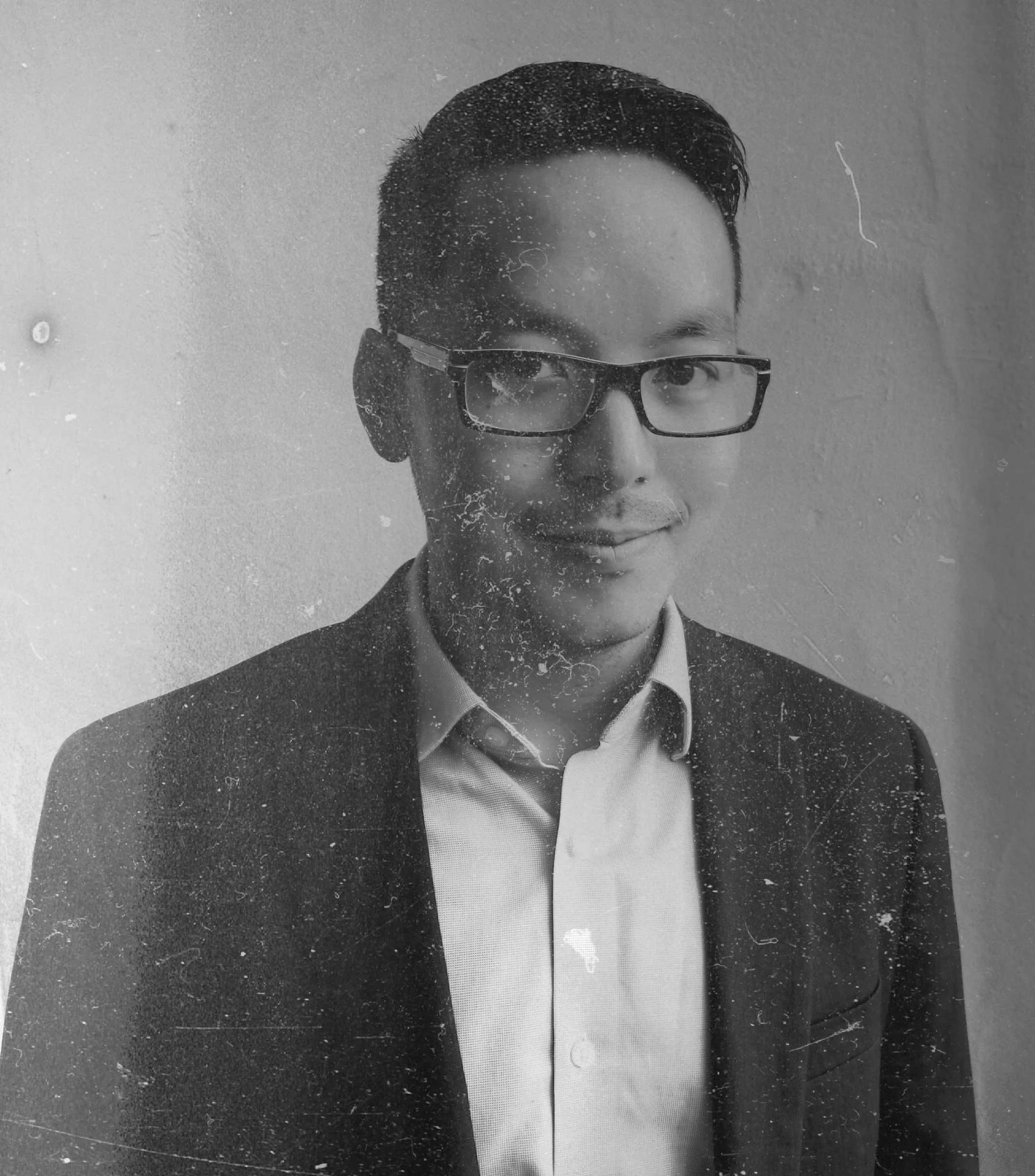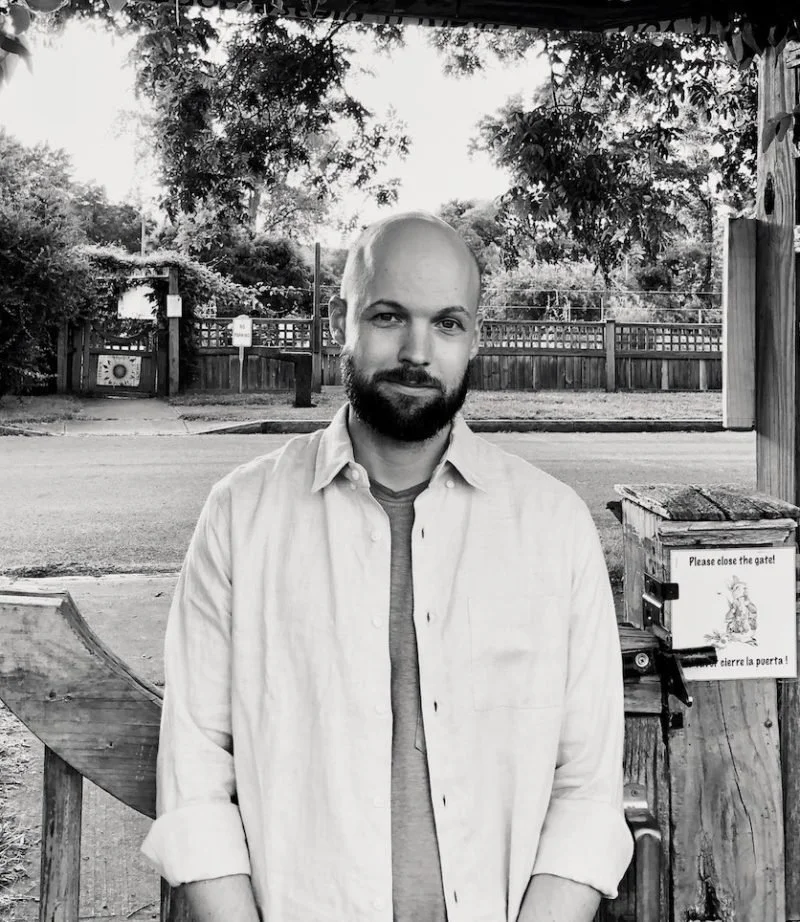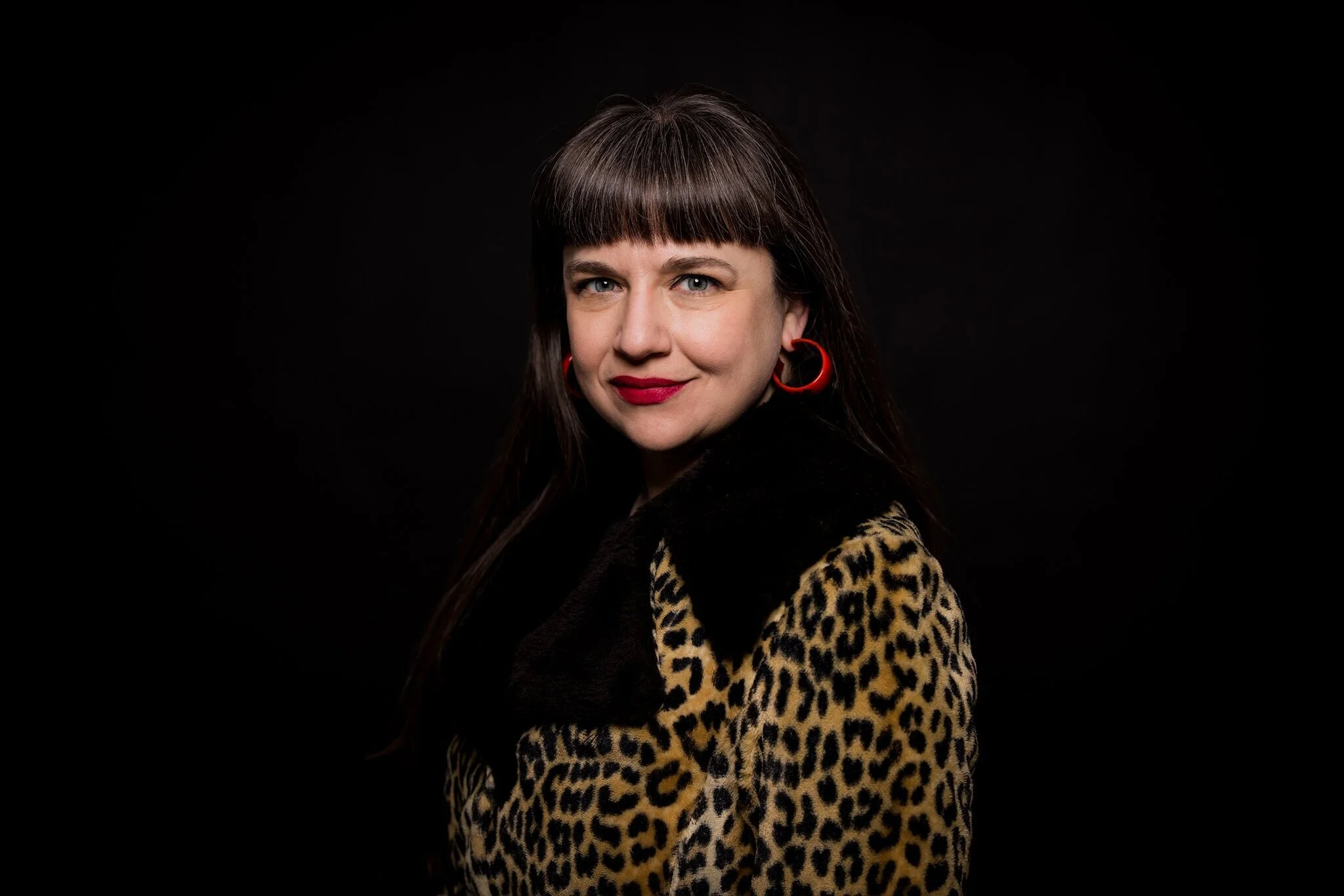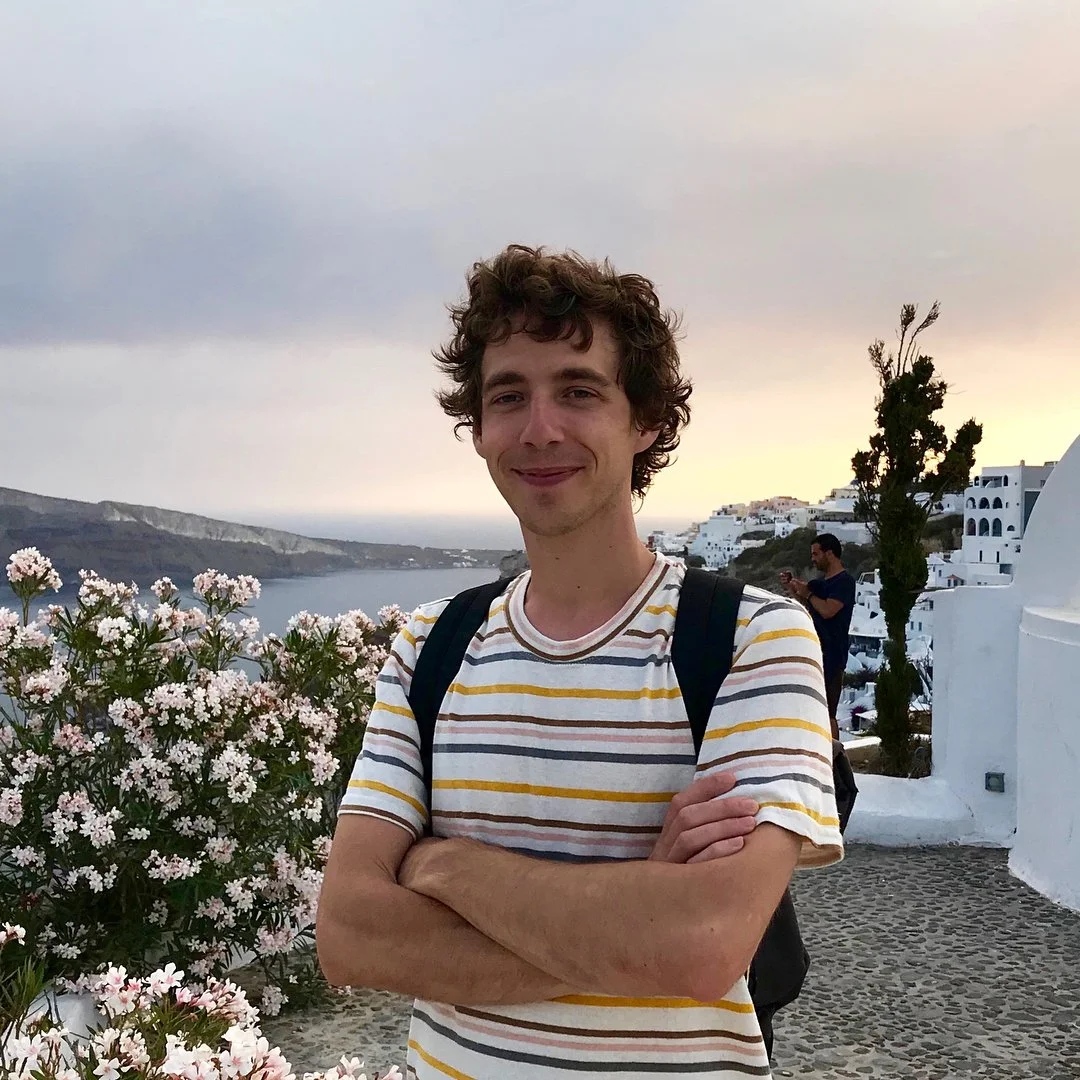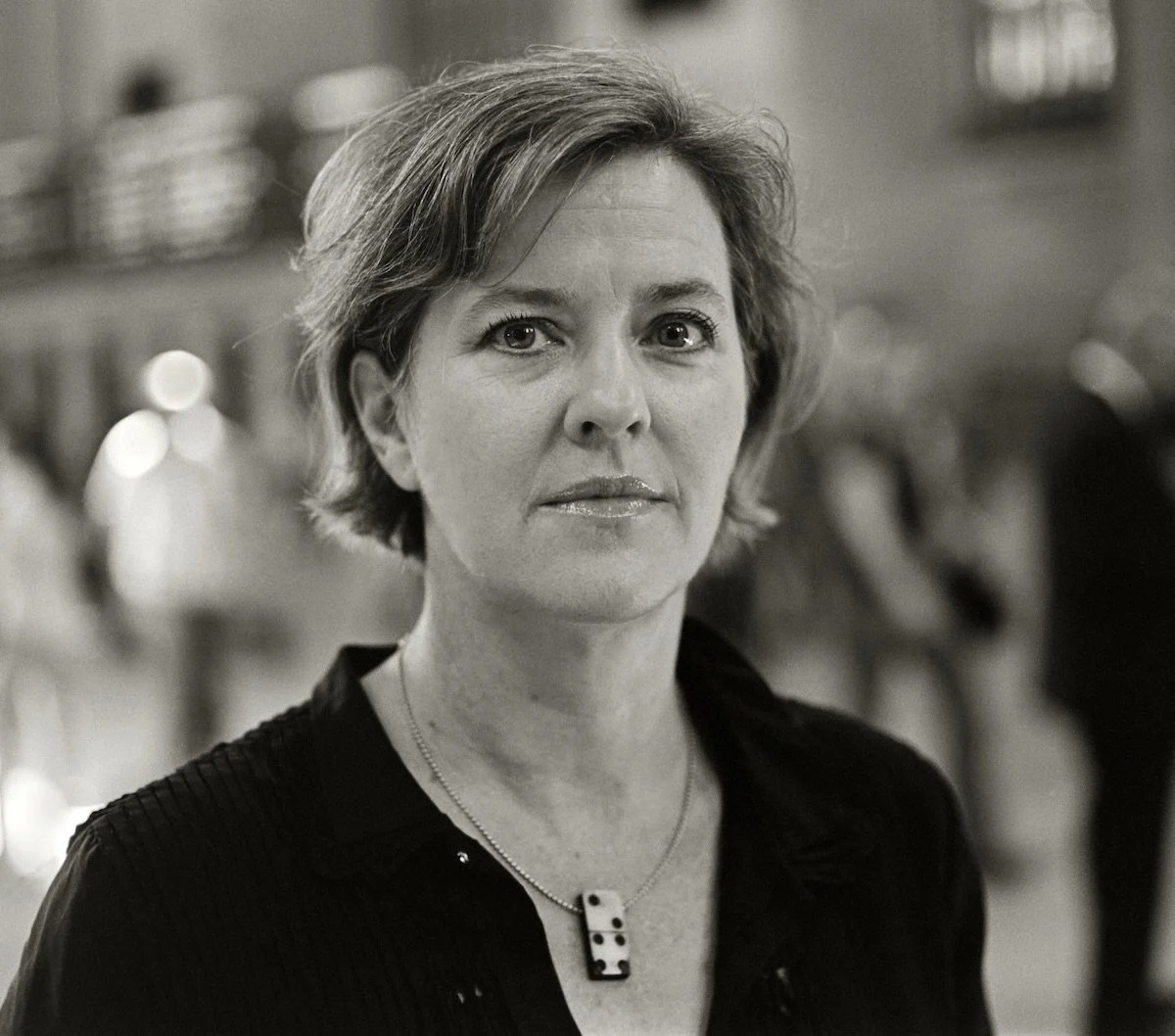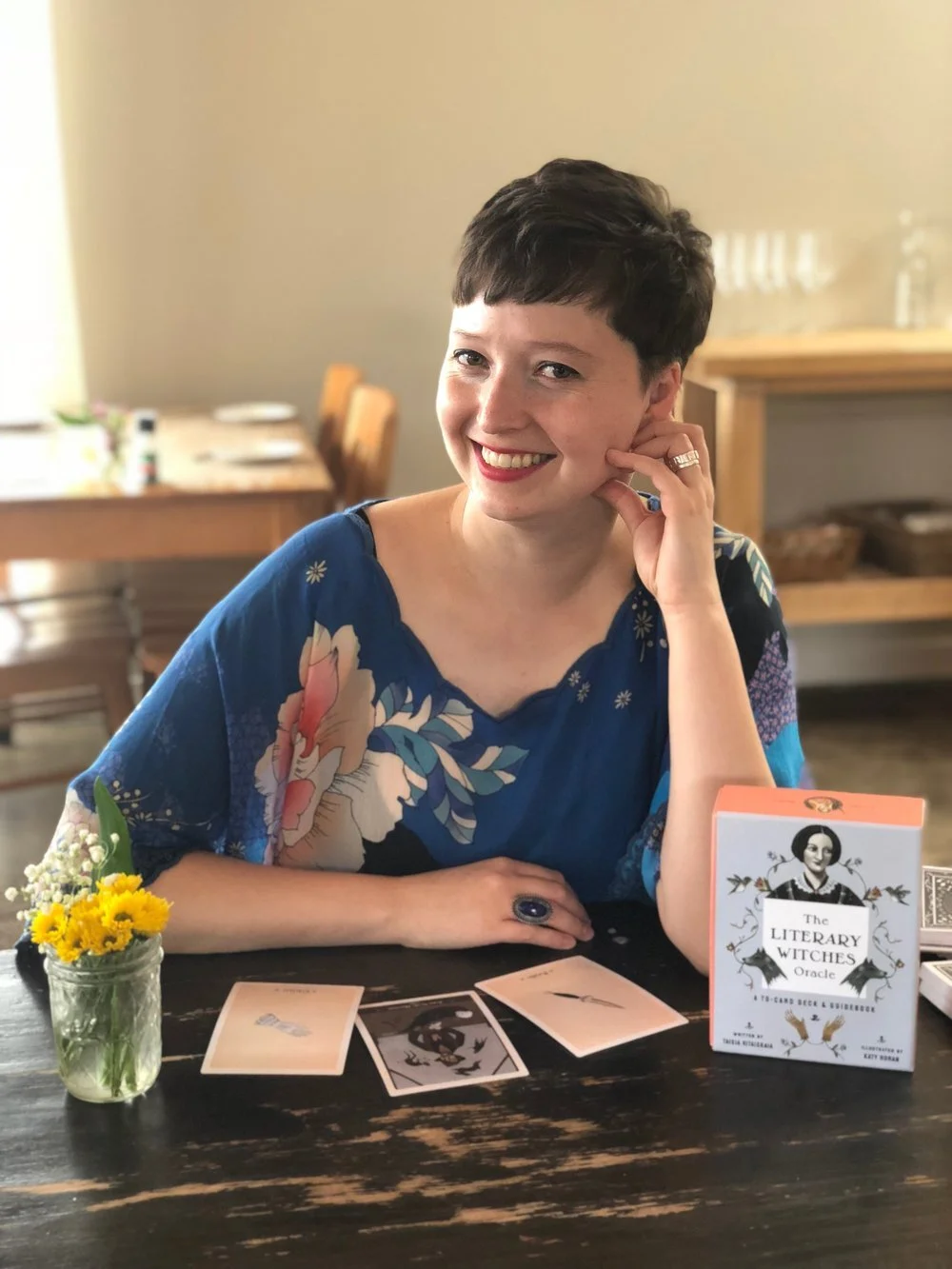Salvage is the debut poetry collection by Hedgie Choi and it’s one you need on your shelves. I was blown away by the surrealism mixed with heart mixed with humor mixed with lucid narratives. This book is fast-paced and strange, funny and quirky and tender. Some poems are fifteen words long, while other longer poems feel like dreamy microfables. I can't recommend it enough.
Along with writing poems and short stories, Choi has also translated Pillar of Books by Moon Bo Young (out with Black Ocean) and co-translated Hysteria by Kim Yideum (out with Action Books). I interviewed Choi leading up to her Chicago reading at The Whistler and we talked about writing process, creating a life-size horse, line breaks, the differentiation between prose poetry and flash, building a bench, and more.
Congrats on the release of your debut poetry collection, Salvage! I really loved this book. Can you talk a bit about the process of compiling and arranging this collection?
This collection started as my MFA thesis at UT Austin. Most of it came together over a couple of months in the summer between my second and third year, when I was working on it pretty intensively. I tend toward big bursts of productivity and long periods of uh, stillness. Then I let the manuscript sit for a couple years, as I did a second MFA in fiction at Johns Hopkins. When I returned to it, it had gelled into a collection, rather than “a bunch of poems I wrote.” I could see the main thematic throughlines, which poems were weaker and needed to be picked out, which poems were too similar and needed to be spaced apart – structural stuff like that. So then I spent a few months editing it. The final manuscript probably changed about 20% from the MFA thesis I turned in, in terms of content. I made big changes to the order up until the final hour.
How old is the oldest poem in the book and how new is the newest poem?
Oldest poem: “Nourished and Enriched” maybe?
Newest poem: “Poem for Jackson.” My friend Jackson Holbert read through the manuscript last summer and he was like “How come I am not in here?” and after he went back home, I started writing “Poem for Jackson.” I started writing it unseriously, thinking I couldn’t actually just write a poem for someone on command, but it was like the poem had been waiting a very long time in my head to come out. I couldn’t write a poem with Jackson in it while we were in an MFA together because I saw him all the time. You can’t write about someone you see four times a week.
Your poem 'Salvage' was my introduction into your (non-translated) writing. Can you talk about this poem and why you chose Salvage to also be the title of your collection?
It’s a sick poem. It’s so good frankly. Haha. Can you believe I wrote that? I can. HAHAHA.
I must’ve titled that poem “Salvage” in part because it brings to mind a crumpled car, which is pretty funny in the context of that poem. And it became the title of the book because a lot of the collection is like: ok, the original vision is ruined, the purity of the thing has been trampled, the fantasy rudely interrupted…time to pick up the pieces like a dumbass and keep going. Doesn’t “salvation” sound pretty great but “salvaging” sound pathetic? But aren’t they kind of the same?
I also love the prose poem 'Last Night' and the prose poem ' Volunteering'. If you have any insight/anecdotes about either of these poems, I'd love to hear them, or perhaps your thoughts on the prose poem in general.
Want to see a picture of that horse in ‘Last Night’?
The prose poems that are in this book are very focused around one idea, or one moment. It’s narrowly focused, but there’s a lot I want to say about it, so I can’t afford line breaks. Line breaks slow you down. They also add a lot of weight.
I also think that in the prose poems, there’s less of a layered consciousness. In other poems, the thinking that is happening as the poem is being written is much more on the page. But in the prose poems, that meta-thinking is held back.
In an interview with Smokelong back in 2018, you said, "Even now when I write poems it isn’t because I sat down intending to. I am always trying to write stories, but then I realize I want it to go faster, faster, faster. When I whittle it down so it can race down the page, it’s a poem."
I love that quote. Do you feel this is still the case?
2018 doesn’t feel like that long ago but I have no recollection of having said this. Who was I? I have a pretty good idea these days whether I’m about to write a poem or a story. I wonder what’s changed – do I have more control over what I write, or do I have more recognition about what I’m about to write? I hope it’s the latter.
Building off of that, two pieces in the book ('Volunteering' and 'In Some Ways I Have Changed') originally appeared in Okay Donkey as "two stories", categorized under flash fiction. I'm in a similar boat with my writing where I often don't know if it's a microfiction or a prose poem, flash fiction or a fable, etc. Can you talk about categorizing your work and where you see it when it comes to these narrative prose blocks?
I guess I think it’s not really my responsibility to categorize my work, and my thinking around genres is pretty loosey-goosey. As this book was coming together, I had a sense of a unified speaker through most of the poems, and so whatever narrative prose blocks had that kind of speaker, I counted as a poem and put them in the book. There are other more severely (?) surreal prose blocks I’ve written that I did not count as a poem, because they didn’t fit with the speaker of this book. But I bet if I was putting together a poetry book that had that kind of sensibility throughout, I would count them as poems too.
Do you think people might get mad at me for this sort of loosey-goosiness? I’ve never heard anyone express adherence to a hard line between genres. Everyone’s always saying anything can be anything. So if someone was a real stickler about it, that’d be interesting.
via Okay Donkey
Speaking of flash fiction and stories, do you have longer pieces of fiction (short stories, a novel) that you have worked on or are currently working on?
I’ve got a couple short stories out in lit mags – “Bleed and Bleed” is online here.
I worked on a novel in bits and pieces through all of 2024. I read through all those bits and pieces at the beginning of this year, and it was such dogshit that I haven’t been able to look at it since. Maybe a novel is truly just too long a form for me. But I hope not, I hope I’ll be able to write a slim little novel one day, about a centimeter in thickness.
Moving over to translation, which is where I was first introduced to your work, first with Pillar of Books, then finding and devouring Hysteria. When you’re working on translating a book, do you find it difficult to work on your own poetry/writing, or do these two worlds overlap/intersect for you?
I talked about that a little in an interview four years ago, and this stuff – about how translating is steadier work than poetry, and that makes it both a threat and a balm to my own writing practice – I remember saying and it’s still true. I very deliberately stopped translating after Pillar of Books, because I wanted to turn my attention more toward my writing. I did a couple poems here and there for Korean Literature Now, but nothing book-length. It’s been a long break though, and I’m considering re-opening shop these days.
from Pillar of Books by Moon Bo Young, translated by Hedgie Choi
With Hysteria, which was co-translated with two other translators, did each of you focus on your own assigned individual poems? Or did all three of you work together on each poem?
Sometimes we did divide them up just for a quick first-draft translation, but every poem at some point was thoroughly massaged by all three translators.
Are there other writers/books you are currently translating or hoping to translate in the future?
Still a fan of Moon Bo Young’s work. I’m also interested in dialogue and the translation of tone, and so the idea of translating webcomics appeals to me.
Your writing is surreal and strange, funny and tender. Can you talk a bit about your aesthetic interests and how you found your 'voice'?
What are some touchstone books that captivated you and you gravitated toward early on in your writing career?
I’ll answer these together, they’re related.
My undergrad was in Korea, and in something totally unrelated to writing or literature, so I started my first MFA having read maybe 3 poetry collections in my life. I’d read a smattering of poets in elective classes I took – and I was interested in the little I had seen of, say, Eileen Myles and Dean Young and Frank O’Hara and Kenneth Koch and Zachary Schomburg and James Tate. The conversational, funny, sometimes surreal stuff. And then in the MFA, I tried to catch up to everyone’s reading, which was impossible, but being underread was kind of nice, because I could just ask people whose work I liked what they read and go read that. And eventually, doing that, I read “Garments Against Women” by Anne Boyer and Franz Wright’s “Walking to Martha’s Vineyard” and “The Art of the Poetic Line” by James LongenbachThose three books, plus the brilliant poems of friends, came at the right time for me, when I was getting very irritated with the kind of poetry I was writing – haha-poems, short lines, no stanzas, the length of an adult hand, vaguely contemptuous – and trying to figure out how to do something different. My lines changed, and my thinking around sentiment and seriousness changed. And my writing became what you’re describing as tender. And then I wrote the thesis which became this book.
When I reached out to University of Wisconsin Press for an ARC of your book, I found out you were living in Chicago and I'm so glad that you'll be reading at Neon Night Mic on May 7! What brought you to Chicago and how long have you been living here?
I’ve been here since October 2024, so it’s been about half a year. I grew up in Champaign-Urbana, so moving to Chicago, after being in Austin and then Baltimore for grad school, is sort of moving back home.
While your debut poetry collection is only ten days old as I type this (!!!), are you currently working on anything new?
I’m working on a couple pieces of flash fiction. But I’m mostly working on building a bench. I’ve never done any woodworking before, but I borrowed some power tools from the Chicago Tool Library and I made a bench. You can sit on it, starting this evening. That’s when the glue will be fully cured.
Outside of your own work, what are some recent reads that you have enjoyed? I'll ask the same question, but in regards to recent movies and/or music. What are some recently watched films or recently listened to albums that you'd recommend?
I’m looking through my list of books I’ve read this year. “Aug 9 Fog” by Kathryn Scanlan is lovely. I love Kathryn Scanlan’s work, I’ve read all her books and I can’t wait for whatever she puts out next. I found her work in NOON years ago. I also love NOON. And speaking of NOON, “I Hear You’re Rich” by Diane Williams is great.
Oh god, have I read zero books of poetry in 2025? I think so. I did just start “Portal” by Tracy Fuad. I like the first eight pages of it.
I watched this movie “Life is Sweet” by Mike Leigh recently and it’s so good. It makes you want to have a little family: a husband who keeps buying junk when you don’t have any money, a daughter who glares at everyone and calls them “sexist” and “capitalist,” an idiot friend who creeps on you and your children, some poignant and sparse music to go over it all…
If you can, describe your writing workspace. What are some essentials while you create?
Big desk, as much surface area as possible, so that I don’t have to clean up the mess on it before I start working, I can just sweep it all aside. A bed close to the big desk, because I need to lay down often. Very bright, cold light, 2000 lumens and above, but diffuse. A large insulated mug of tea. I have a Diptyque candle on the desk, upside down, which I sometimes lift and sniff. The scent is Feu De Bois. It helps with nausea. I don’t burn it because it’s expensive. My friend heard this and bought me an extra candle so I could burn it. Which means I now have two sniffing candles.
For this ongoing author interview series, I'm asking for everyone to present a writing prompt. It can be as abstract or as concrete as you choose.
Prepare two very bad poems you’ve written. Go through each one and take out every other line. Arrange the remaining lines from both poems, alternating like this: ABABAB…It will be senseless. Go from there.
In closing, do you have any advice for early writers/translators? Or rather, what's something that keeps you returning to the page?
Haha if I knew what kept me returning to the page I wouldn’t be so scared all the time that I’ve turned away from the page for good. I’m trembling as I glue together my bench.






